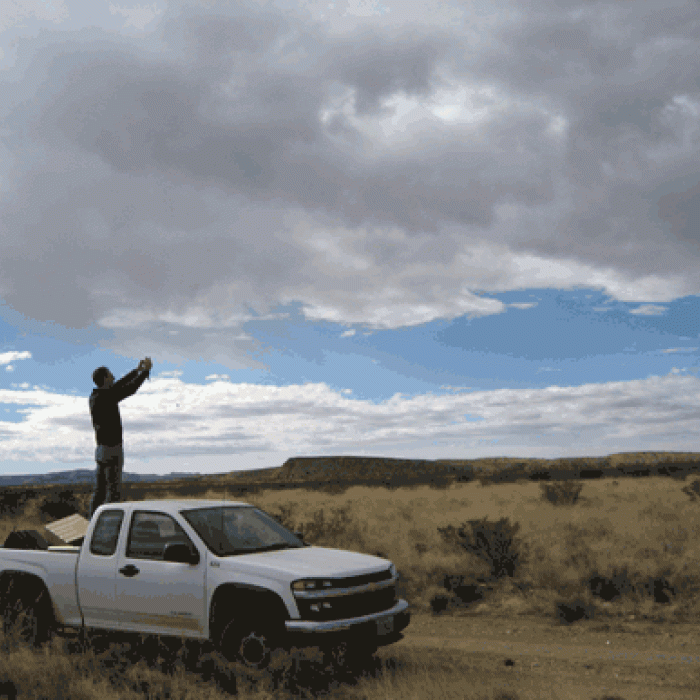Hydrology is the study of the waters of the earth on and below the surface of the planet. Hydrology also involves the study of the various properties of water and its relationship with the living and nonliving environment. Areas of specialization within the Department include: surface and groundwater hydrology; watershed dynamics; hydrogeology; and ecosystem hydrology. Fields of application with hydrology include groundwater management and consulting; water pollution research and regulation; and hydrologic modeling and analysis.
Biogeoscience is a systems approach to solving complex environmental issues. Researchers can better understand ecosystems by studying interdisciplinary processes such as nutrient cycling, ecological population dynamics, isotope geochemistry, watershed hydrology and many others. Current research topics include terrestrial carbon influence on lake ecosystems, mercury and carbon dynamics in streams, nitrogen fluxes in low-relief watersheds, recovery from acid deposition in mountain streams, nitrogen budgets on permaculture farms, and early warnings indicators of ecosystem regime shifts. Field sites include Shenandoah National Park (SWAS-VTSS), University of Notre Dame-Environmental Research Center, the Pace Estate, and Timbercreek Organics.
Research on coastal systems in the department covers a broad range of disciplines and environments. Studied systems include seagrass meadows, coral reefs, mangrove forests, salt marshes and barrier islands. Our diverse research groups study the ecology, hydrology and geomorphology of these various systems. Current research focuses include plant genetics, carbon storage, sea level rise, flow regimes, aquaculture, primary production and metabolism, invasive species and more. This research takes place in many locations, including Virginia’s Eastern Shore, Florida and the Caribbean, Israel, Panama, Hawaii and Mexico.
Within the Department there is a strong focus on the interactions between the Earth’s surface and its atmosphere. These efforts integrate hydrological, ecological, and meteorological principles to understand the exchange of water, heat, and trace gases between the land and the atmosphere. Much of the interest in these mass and energy fluxes centers on the nonlinear feedback effects between the surface and the atmosphere, and the resulting impacts to the biosphere and atmosphere.
Humans interact and alter each of the earth systems studied in the department. Researchers in the department collaborate across natural and social science disciplines to better understand the interactions between humans and the environment. Recent work in this area has focused on the environmental impacts of food production, including the development of a nitrogen footprint, possibilities for yield gap closure, and mapping the global virtual water and seafood trade networks. Additional social-environmental research aims to evaluate the effect of weather events on air quality and human health, assess the possibility of credits for carbon sequestration in sea grass beds, and understand the drivers and consequences of land use change in the tropics.



